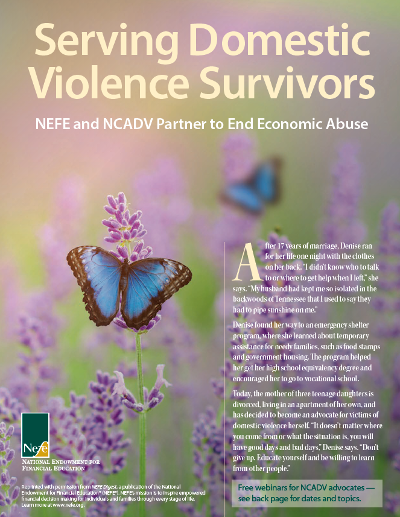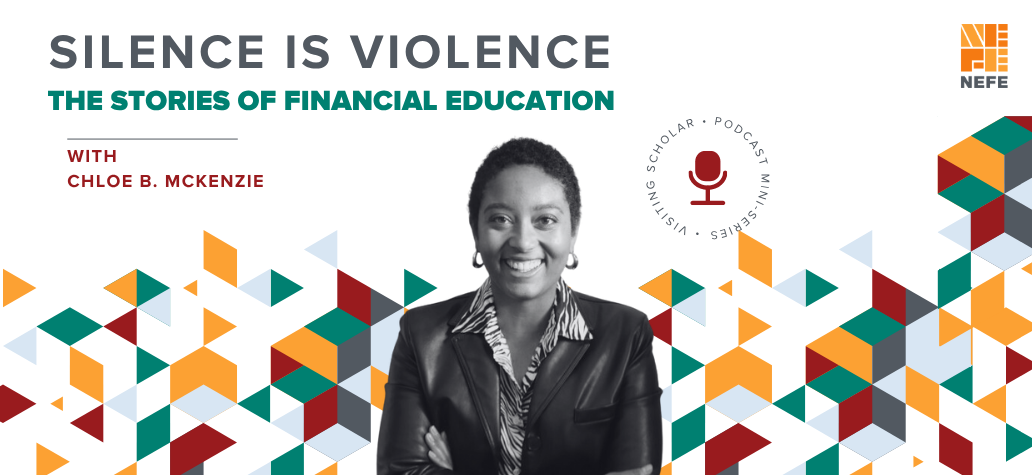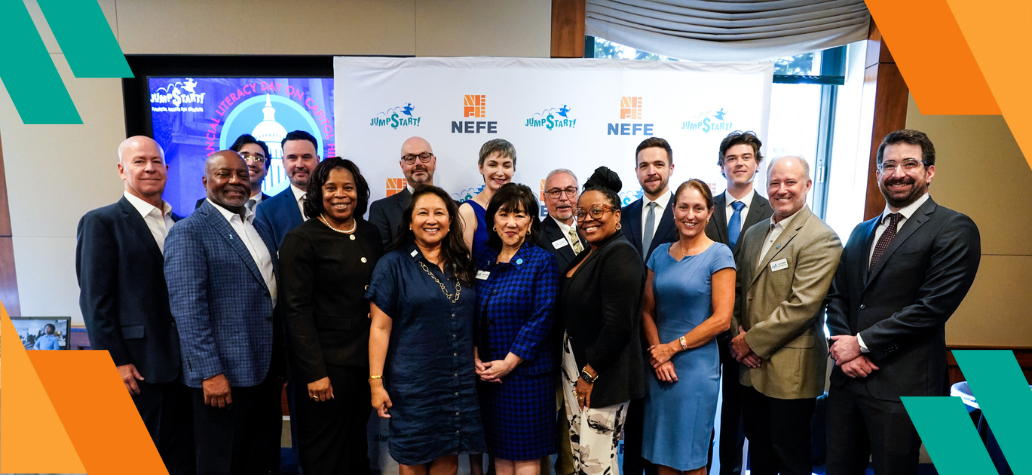 NEFE has partnered with the National Coalition Against Domestic Violence (NCADV) to create this special publication for Voices Rising: NCADV's 17th Annual National Conference on Domestic Violence, which takes place Sept. 23-26 in Providence, R.I.
NEFE has partnered with the National Coalition Against Domestic Violence (NCADV) to create this special publication for Voices Rising: NCADV's 17th Annual National Conference on Domestic Violence, which takes place Sept. 23-26 in Providence, R.I.
Between 94 and 99 percent of domestic violence victims experience economic abuse.
Economic — or financial — abuse involves control over financial resources, withholding access to money or attempting to prevent a victim from working, attending school or seeing family and friends. The abuser tries to separate the victim from his or her own resources and relationships to maintain the victim's financial dependency. Victims often are forced to choose between staying with their abuser and living in poverty or even homelessness.
"We know that the No. 1 barrier to leaving an abusive partner is finances," says Lynn Brewer-Muse, NCADV communications director.
Sign up for NEFE and NCADV webinars at https://ncadv.org/financial-education.


